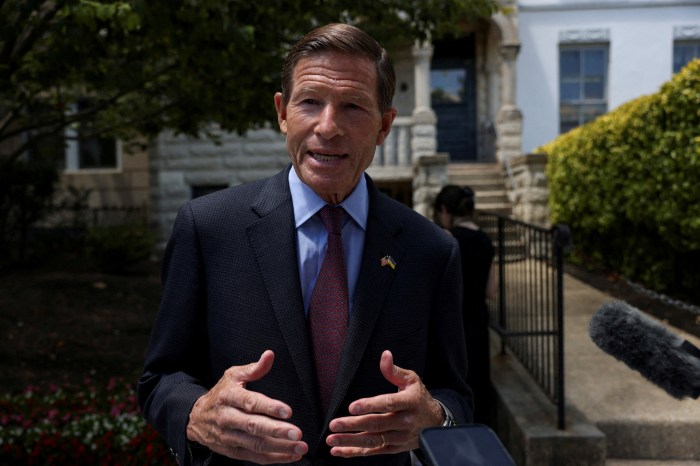FRANKFURT (Reuters) – Germany’s central bank will have to take the lead in persuading authorities that the European Central Bank has not exceeded its powers to avoid compromising the ECB’s independence as the euro zone’s policymaker, three sources said.
Germany’s Constitutional Court ruled on Tuesday that the ECB must prove within three months that its purchases of government bonds worth 2 trillion euros ($2.2 trillion) are proportional, or the Bundesbank will have to leave the stimulus scheme.
As the Bundesbank carries out the lion’s share of the bond buying, the ruling by Germany’s national court both jeopardises the ECB’s policies of the past five years and seeks to place an unprecedented legal restriction on a European Union institution.
The sources with direct knowledge of discussions by policymakers said if the ECB were to take a direct role in responding to the ruling, it would effectively be accepting German jurisdiction and could give the impression it needs German permission to set policy.
That means it will probably fall on the Bundesbank and its president Jens Weidmann to address the matter with Angela Merkel’s government and Germany’s parliament, or Bundestag, both of which the court scolded for not challenging the ECB’s scheme.
“We see this as something between the court, the Bundesbank, the German government and the Bundestag,” one of the sources said following discussions within the ECB’s Governing Council about the ruling on Tuesday night.
The ECB and the Bundesbank declined to comment. The German government said it was aware of its responsibilities for European integration and would implement the court’s ruling in a timely manner.
Supporters of the ECB’s unprecedented stimulus scheme argue that it kept the euro zone in one piece after its debt crisis but critics say it flooded markets with cheap money and encouraged some governments to spend too much.
NO DECISIONS YET
The first problem for the ECB is that the court has asked it for an explicit justification that demonstrates the need for its government bond buying scheme, known as the Public Sector Purchase Programme (PSPP).
Complying would suggest the bank is taking orders from a national court, which would raise questions about the ECB’s independence in policymaking. That means the burden will fall on the Bundesbank to present the arguments.
“We don’t want to be directly involved but we clearly can’t leave everything to the Bundesbank either,” a second source told Reuters. “The ECB will have to back up Weidmann with everything we have.”
A third source said gathering the material requested by the court was not seen as a problem as the ECB can provide volumes of studies justifying both proportionality and necessity.
In a short statement on Tuesday, the ECB said it took note of the ruling and remained fully committed to its mandate and enacting policy in all euro zone countries.
The sources said no decisions were made at the meeting on Tuesday about the ECB’s response, but some policymakers argued that any response, whether from the ECB or the Bundesbank, must avoid giving the impression that policymakers were asking for German permission, or approval, for monetary policy.
ARMY OF EXPERTS
The ECB has no problem providing national governments with information about what it has done and why.
Former president Mario Draghi, for example, spoke to parliaments in Germany, the Netherlands and Ireland about its policies in the aftermath of the financial crisis. But it has never asked for approval for its actions from governments.
So much of how the ECB responds will depend on the form the request for information takes, the sources said.
Indeed, some argue the next step should actually come from the German political establishment in Berlin as the court specifically pointed to its role in checking the central bank.
“The court’s decision is not addressed to the ECB or the German central bank but to the German government and the Bundestag,” ECB Governing Council member Madis Müller said.
“We have a whole army of experts who, before the ECB takes decisions, weigh the pros and cons of the various alternatives and try to assess their effects in a comprehensive way.”
As German finance minister, Olaf Scholz holds much of the power to diffuse the tension between the ECB and the court. Speaking on Tuesday, Scholz already sounded conciliatory, saying the bond purchases were not illegal and the ECB had quite a long time to demonstrate proportionality.
“What’s important to me is that solidarity in the European Monetary Union is not put into question,” Scholz said.
($1 = 0.9252 euros)
(Additional reporting by Tarmo Virki; Editing by David Clarke)

























